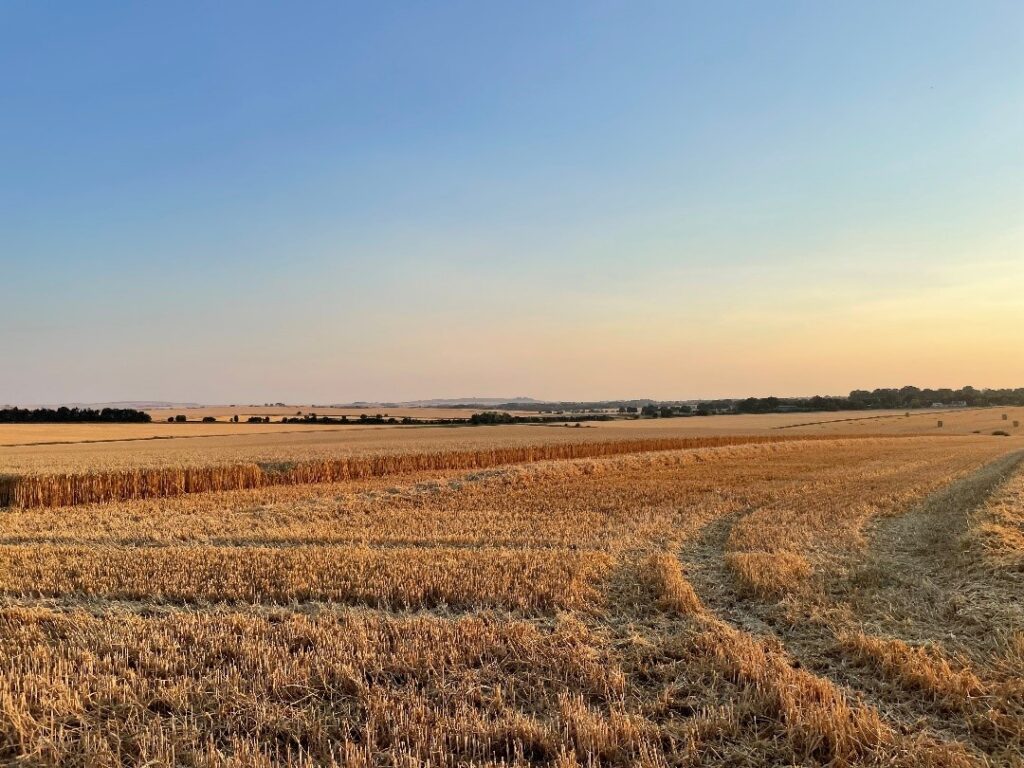University of Oxford
11a Mansfield Rd
OX1 3SZ
UK

Agriculture is the single biggest driver of biodiversity loss, deforestation, water scarcity and pollution, and pesticide toxicity. It is also a major contributor to climate change. Despite this, today, very few farms measure their environmental impacts. Without these measurements, neither farmers nor policymakers can make informed decisions about how best to act.
The Farm Sustainability Toolkit sits at the cutting edge of food sustainability research. By providing the digital tools with methods, models, and data, we aim to help farmers to monitor and reduce their environmental impacts on a global scale. Working at scale, we can harness the potential of digital tools to revolutionize the food system.
Unlike the current in-person model of farm advice – which is costly and hard to scale – digital tools can scale rapidly. Embedding environmental impact calculations and benchmark data into the digital tools that farmers are already using, or rolling out a standalone toolkit in areas where existing take up of digital tools is low could enable sustainability monitoring to reach farms worldwide.
There is a need to establish whether providing farmers with these environmental impact calculations and benchmark data leads to sustainable changes in behaviour. Some initial evidence suggests that such information alone can lead to reductions in greenhouse gas emissions (e.g., Vetter et al). However, no robust experiments – which include a control group and randomisation – currently exist. The HESTIA project is at the forefront of research on global agricultural sustainability by delivering such a trial. This research will also inform key policy questions such as:
How much can be achieved by rolling out digital farm-sustainability monitoring tools?
What is the role of incentives in reaching environmental sustainability targets?
We are currently working on setting up a primary randomised control trial involving wheat in the UK. We have other trials planned, specifically maize in Kenya, beef in Brazil and aquaculture in Vietnam, working with the expertise of our team. Our aim is to integrate the digital tool within an existing widely used digital farming platform.
In the UK wheat trial, individual farmers will be randomly assigned to either a treatment group, in which they will be invited to use a tool which enables them to quantify their environmental impacts and benchmark themselves against other farms, or a control group that will not have access to this tool. The trial will be designed to minimise the demand on farmers’ time. Environmental performance will be calculated from on-farm data, using the models developed for HESTIA. There is however the potential for validation through physical measurement data. A large representative sample of wheat farmers will be invited to join the trial. We recognise the importance of not only trialling the tool with a self-selected group who are already keen to monitor and reduce their environmental impacts – the aim is to understand how best to scale the tool within the sector as a whole.
If you are interested in learning more about the HESTIA Farm Sustainability Toolkit project, our field trials or the HESTIA platform, please have a look at our websites: https://www.hestia.earth/; https://hestia-fst.oxfordmartin.ox.ac.uk/home; https://www.iccs.org.uk/index.php/project/hestia-farm-sustainability-toolkit-hestia-fst
References:
Vetter, S., Malin, D., Smith, P. and Hillier, J. (2018). ‘The potential to reduce GHG emissions in egg production using a GHG calculator – A Cool Farm Tool case study’, Journal of Cleaner production.

